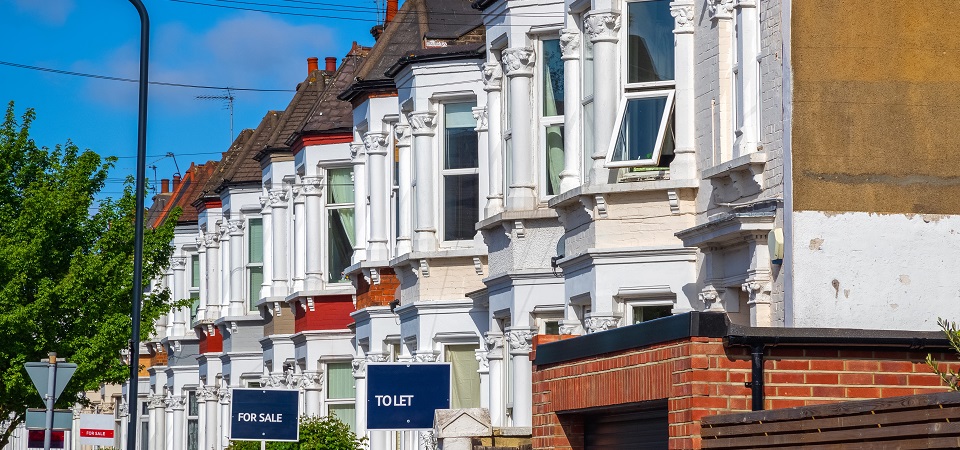Proposals currently before Parliament will allow tenants to take direct action against landlords if their homes fall short of new requirements. Hayley Wharton discusses the main issues.
The Homes (Fitness for Human Habitation) Act 2018 (HFHHA) comes into effect on March 20, aiming to raise standards in the private rental sector.
Landlords are advised to familiarise themselves with the new requirements because failure to comply could result in court action for breach of contract if a property fails to meet regulatory standards.
A court order would involve landlords having to take action to resolve specified issues, or pay compensation to the tenant.
What landlords must do
The new law will replace old rules which meant landlords broke the law only if they failed to comply with a local authority environmental health enforcement notice under the Housing Act 2004.
Under the new measures, landlords will have to meet an obligation in tenancy agreements that the property is fit for human habitation – and will remain so for the full term of the tenancy. This will affect all tenancies after March 20, provided they are less than seven years fixed term. Renewals of current tenancies will also be covered by the requirements.
The legislation relates to both private landlords and social landlords (who were not affected by the old system) although it will not apply to secure tenancies, or tenancies that are currently ‘periodic’, until March 20, 2020. Nonetheless, all landlords are advised to evaluate the condition of their properties and take early action to resolve any problems.
What will make a property unfit?
Tenants’ protection in relation to disrepair is integral to the new legislation. A property will be deemed unfit for habitation if there are significant defects across a range of areas including:
- the stability of the property
- levels of dampness
- internal arrangements
- sufficient natural lighting
- adequate ventilation
- quality of water supply
- functional drainage and sanitary provision
- facilities for preparing and cooking food
- waste water disposal
- hazards under the Housing Health and Safety Rating System.
The new legislation means a property will have to classed as significantly defective in one or more of these areas to be designated as unfit.
How the new system will operate
Under the new regime, tenants will still be required to notify the landlord regarding repairs or improvements and the landlord will be expected to respond within a reasonable timescale. In this respect, the old landlord obligations will not change.
In situations where a property is unfit, the landlord will have to undertake any work needed to make the property compliant. Failure to do so will result in the tenant making a county court application for an order compelling the landlord to take any necessary action and/or pay damages.
There are exemptions, such as if the defect is a result of something the tenant has done in breach of a covenant. Also, the landlord will not be required to rebuild a building that has been destroyed.
For further advice on landlord and tenant issues, call Hayley Wharton on 0161 761 4611 or email her at hayley.wharton@whnsolicitors.co.uk












